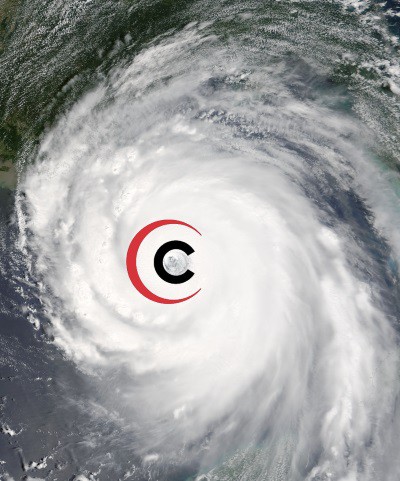 Despite ten years of promises to do better, Comcast Corporation remains America’s most hated company, according to a new survey from 24/7 Wall St:
Despite ten years of promises to do better, Comcast Corporation remains America’s most hated company, according to a new survey from 24/7 Wall St:
The internet service provider and subscription television service industries are not known for superior customer service. In fact, the two industries have the worst average scores in the American Customer Satisfaction Index. Still, Comcast has a significantly worse customer satisfaction score than either industry average.
The company’s internet services received the fourth worst score out of some 350 companies. In J.D. Power’s rating of major wireline services, only Time Warner Cable — recently subsumed by Charter — received as poor of an overall satisfaction score. In the same survey, Comcast received the worst scores in cost to consumer, performance, billing, and reliability. In 24/7 Wall St.’s annual customer satisfaction poll conducted in partnership with Zogby, nearly 55% of of respondents reported a negative experience with the company, the second worst of any corporation.
Customer complaint intensity remains very high for companies that have a history of increasing fees and charges, those that enjoy the benefits that come from a lack of competition, and at companies where there is a high likelihood of customer contact with customer service. The cable industry fits the bill on all three, and customers do not like what they see in Comcast.
For at least a decade, company executives have claimed to be dramatically improving customer service, most recently relying on Charlie Herrin, executive vice president of customer experience at Comcast. Comcast calls Herrin an in-house “consumer advocate.”

Herrin
“We know we still have work to do, but we’re excited about the progress we’re making,” Herrin tells customers on Comcast’s XFINITY Customer Experience website. “We’ve reached all-time highs across many of our key customer service areas. The number of customers who have had to call us is down 14 percent – which means your products are more reliable, your bill is easier to understand and our self-service platforms are making a difference. Our on-time arrival rate for technicians coming to your home has improved to over 97 percent. Our success rate for solving your issue on the FIRST call is up by 7 percent, getting us closer to our goal of fixing it right the first time, every time. Our Digital Care team is also getting back to you faster, as our response time on social channels improved by 95 percent.”
Although Herrin seems convinced, customers are not. The Better Business Bureau’s Comcast file warns visitors the BBB receives so many complaints about the cable operator, it can only publish approximately one out of every twenty on its website. But that amounts to at 34,902 complaints published online in just the last three years. The majority relate to issues like Comcast’s usage caps, billing errors, mysterious fees, and poor service.
Customers may not appreciate Herrin’s metrics for improvement if they reported a service problem over an app, received an inaccurate (but easier to read) bill, or got a speed increase and a bill with penalty overlimit fees for using too much of their internet service.
 Time Warner Cable customers hoping for improved service from new owner Charter Communications also appear to be out of luck. As Charter has grown in size, its already-mediocre customer satisfaction rating is apparently slipping again, now making it to 24/7 Wall Street’s Worst list at #12.
Time Warner Cable customers hoping for improved service from new owner Charter Communications also appear to be out of luck. As Charter has grown in size, its already-mediocre customer satisfaction rating is apparently slipping again, now making it to 24/7 Wall Street’s Worst list at #12.
“Charter has one of the poorest reputations for customer service of any company in the subscription television service industry,” 24/7 Wall Street wrote. “It also scores below average in customer service compared to its competitors in the fixed line telephone industry and internet service industry.”
Two other telecom companies also scored very poorly – DISH Networks, also called out by its employees as an awful place to work, and Sprint, perpetually in the middle of a “service improvement” project that never seems to end, leaving many customers running out of patience.


 Subscribe
Subscribe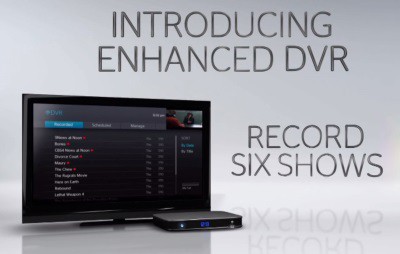
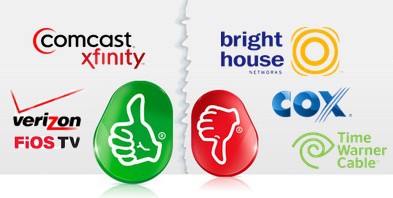
 Some believed this problem could eventually resolve itself with Charter Communications’ buyout of Time Warner Cable and Bright House Networks. Would Charter bring their own policies to affected TWC/BH customers, or will Charter customers soon have to contend with the CCI CopyOnce flag loved by Time Warner Cable as well.
Some believed this problem could eventually resolve itself with Charter Communications’ buyout of Time Warner Cable and Bright House Networks. Would Charter bring their own policies to affected TWC/BH customers, or will Charter customers soon have to contend with the CCI CopyOnce flag loved by Time Warner Cable as well.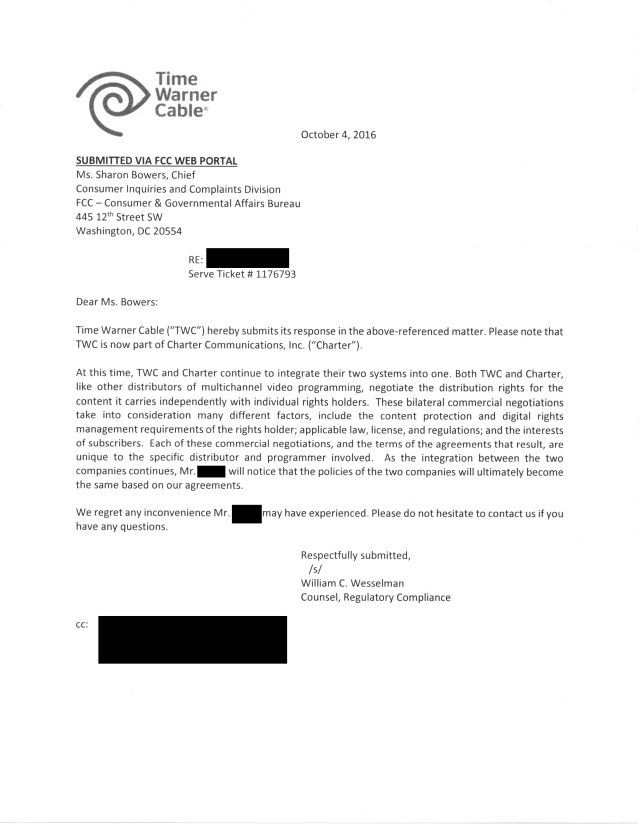
 Comcast will forfeit $2.3 million to settle a nationwide investigation into the company’s negative option billing practices — charging customers for services and equipment they declined or never requested.
Comcast will forfeit $2.3 million to settle a nationwide investigation into the company’s negative option billing practices — charging customers for services and equipment they declined or never requested. The FCC was showered with complaints for years about Comcast’s allegedly unethical business practices of billing for customer-owned modems, modems that were returned, unwanted premium channels, extra set-top boxes and DVRs. Many complainants accused Comcast of sending equipment or adding services even when those customers specifically declined them. Others discovered they were being billed for equipment they did not request, never received, or returned previously.
The FCC was showered with complaints for years about Comcast’s allegedly unethical business practices of billing for customer-owned modems, modems that were returned, unwanted premium channels, extra set-top boxes and DVRs. Many complainants accused Comcast of sending equipment or adding services even when those customers specifically declined them. Others discovered they were being billed for equipment they did not request, never received, or returned previously. Dorothy Ayer said she was quoted a price of $69 a month for a package including landline phone and broadband service from Frontier Communications, but when she received her first bill, she claims she was charged $426.55.
Dorothy Ayer said she was quoted a price of $69 a month for a package including landline phone and broadband service from Frontier Communications, but when she received her first bill, she claims she was charged $426.55.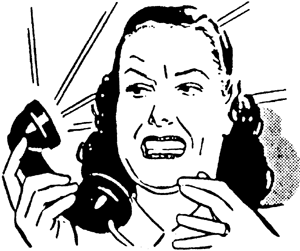 A Los Angeles man has reached the boiling point after two years of telemarketing calls from Charter Communications that turn out to be the result of a wrong number.
A Los Angeles man has reached the boiling point after two years of telemarketing calls from Charter Communications that turn out to be the result of a wrong number. 2013: “I have never been more harassed by spam telemarketing/calling in my life than from Charter Communications and they already have my business! It’s
2013: “I have never been more harassed by spam telemarketing/calling in my life than from Charter Communications and they already have my business! It’s 